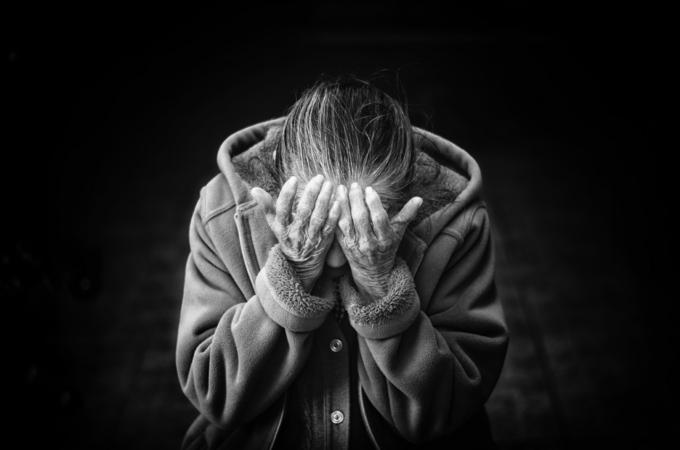Mass obligation, emotional struggle
Q. My beloved husband of 35 years passed away two years ago, and I have had great difficulty attending Mass since his death -- it invariably causes me to feel lightheaded and to cry. (I have usually had to sit down for the entire Mass, so as not to get dizzy.)
My husband and I (we had no children) always went to Mass together, and it was the highlight of our weekend. I am 68 years old, and I often watch Sunday Mass on television -- although even the television Mass fills me with memories and causes me to weep.
Every day now, I listen to a sermon on my iPhone, and I read my Bible and pray to the saints daily. Each night, before I go to bed, I say one decade of the rosary. And my sister-in-law, who is an extraordinary minister of holy Communion, often brings me holy Communion.
My husband was a popular cantor at several different churches; being present at Mass reminds me of him in the hardest ways imaginable and seems more than I can handle. So, my question is this: Is it still a sin if I do not attend Mass physically? (A friend told me it's not a mortal sin to miss Mass after the age of 65.) (Cleveland)
A. Please relax and be at peace. In your situation, you are not committing a mortal sin -- or any sin at all -- by not going to Mass. Your emotional condition, which is as real as any physical illness, exempts you from the obligation to attend. And your regular habit of personal prayer is surely pleasing to the Lord.
I do want to comment, though, on your friend's contention that the obligation of Sunday Mass ceases at age 65; that is simply not true. If a person's health enables him or her to be present, the responsibility of Sunday Mass attendance continues.
Q. Is it true that the Church changed the day of the Sabbath? I have always felt that the Sabbath occurred on Saturday, but I have learned that the early Church decided to celebrate the breaking of bread on Sunday because that was the day of Christ's resurrection. (Nigeria)
A. Technically, it is not true that the Christian Church changed the Sabbath day. The Sabbath is still on Saturday (or, more properly, from sundown on Friday), marking the fact that God rested from creation on the seventh day.
In the very earliest days of Christianity, believers -- who were mainly Jewish -- observed the seventh-day Sabbath with prayer and rest; but very quickly (as Col 2:16 shows) Christians began to see this as no more obligatory than Jewish rules on food and drink. The followers of Jesus gathered instead to break the bread of the Eucharist on the first day of the week (Acts 20:7) -- the day on which Jesus, completing a New Covenant, had made sacred by rising from the dead.
The Catechism of the Catholic Church explains the relationship between Sunday and the Sabbath: "Sunday is expressly distinguished from the sabbath which it follows chronologically every week; for Christians its ceremonial observance replaces that of the sabbath. In Christ's Passover, Sunday fulfills the spiritual truth of the Jewish sabbath and announces man's eternal rest in God" (No. 2175).
The catechism's following section goes on to say that "the celebration of Sunday observes the moral commandment inscribed by nature in the human heart to render to God an outward, visible, public and regular worship" (No. 2176).
- Father Kenneth Doyle is a columnist for Catholic News Service



















